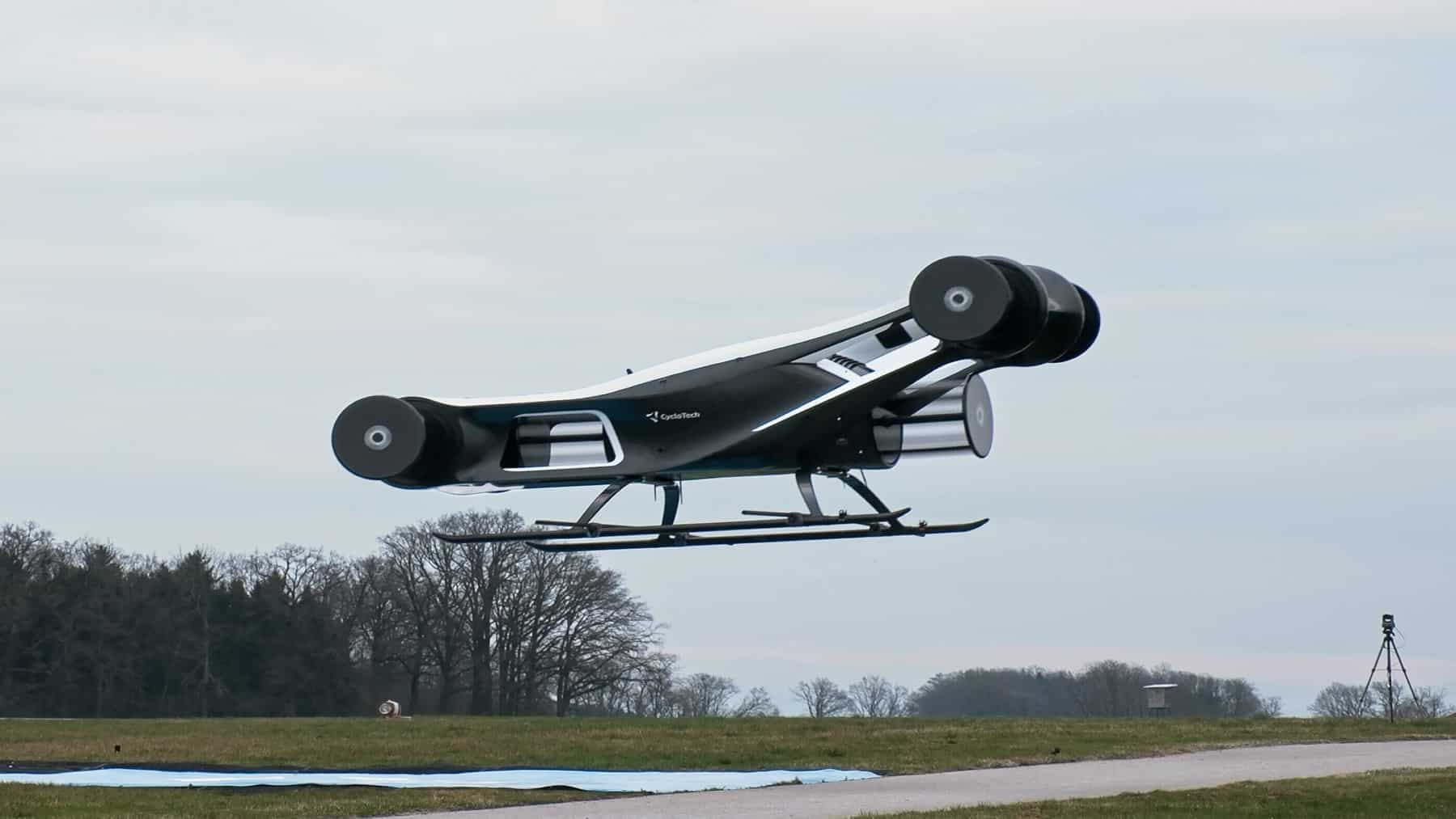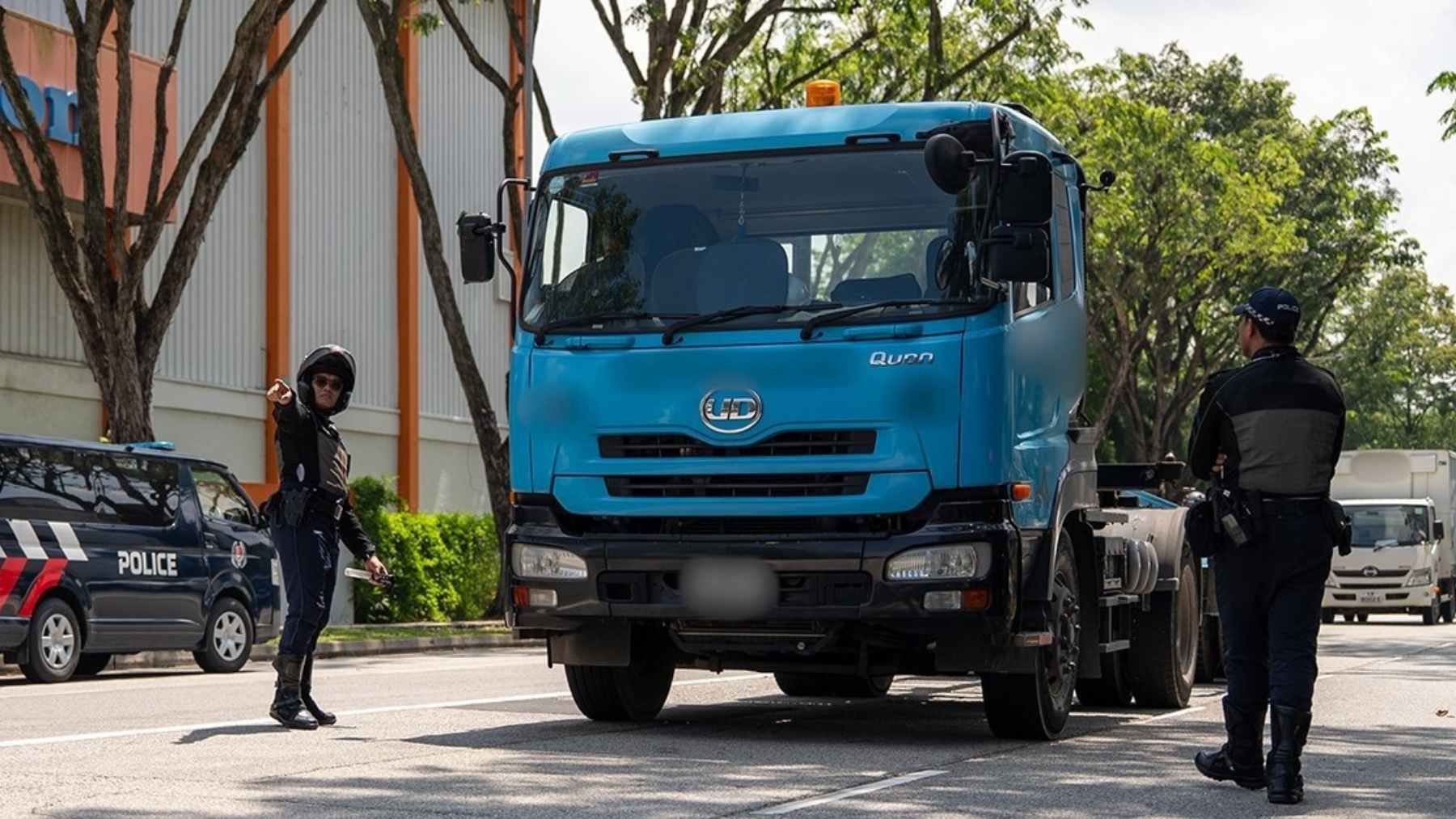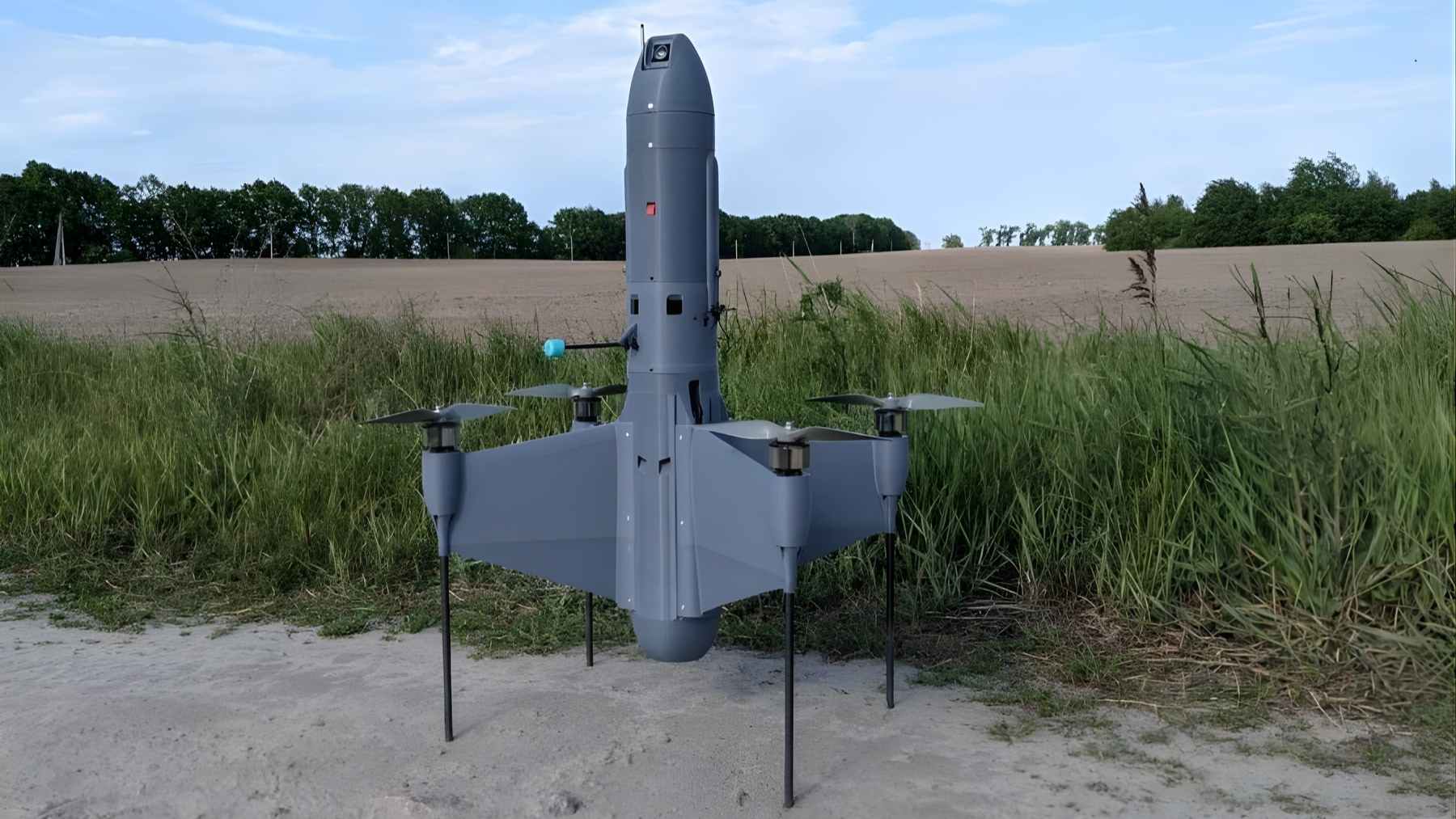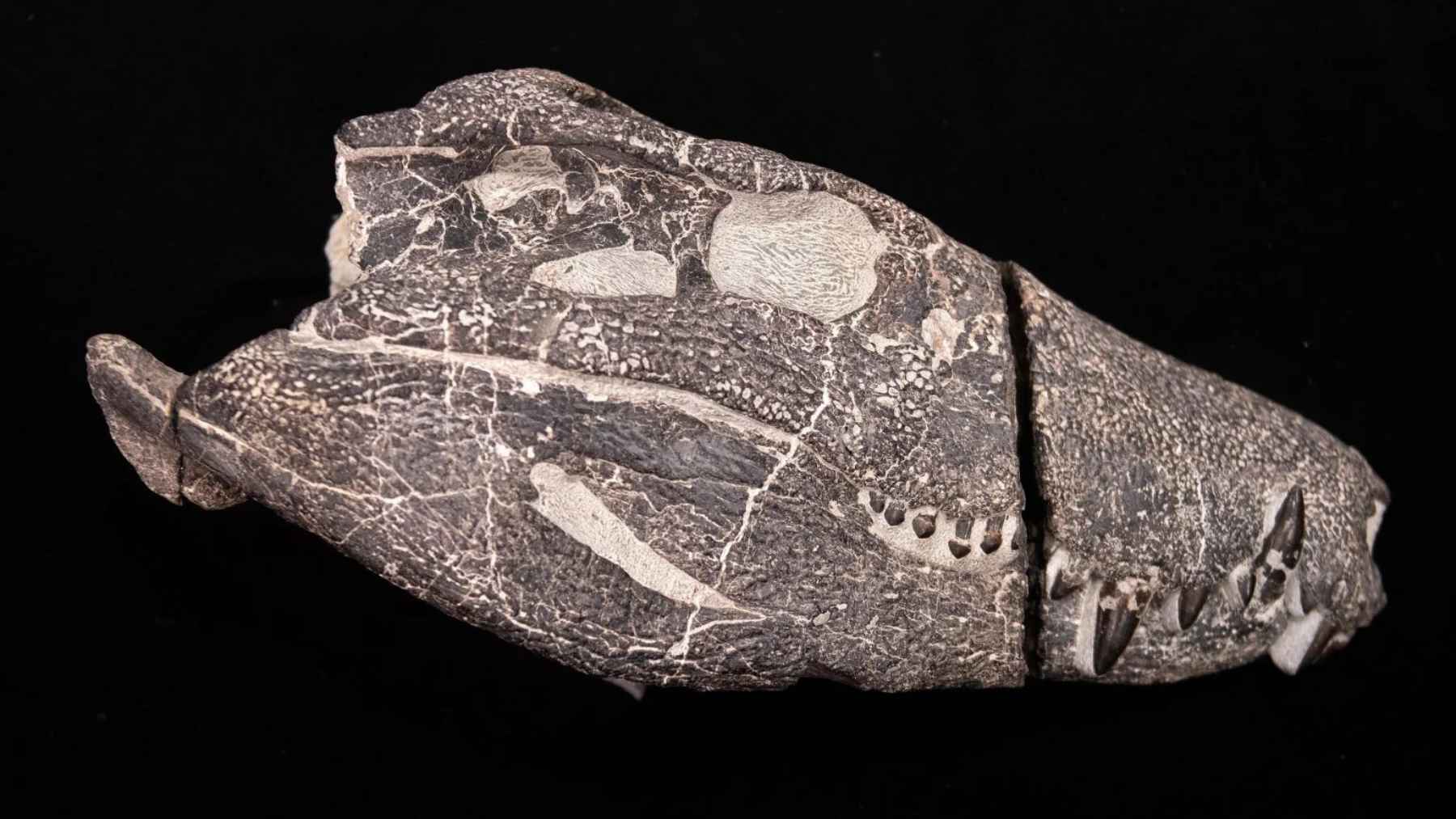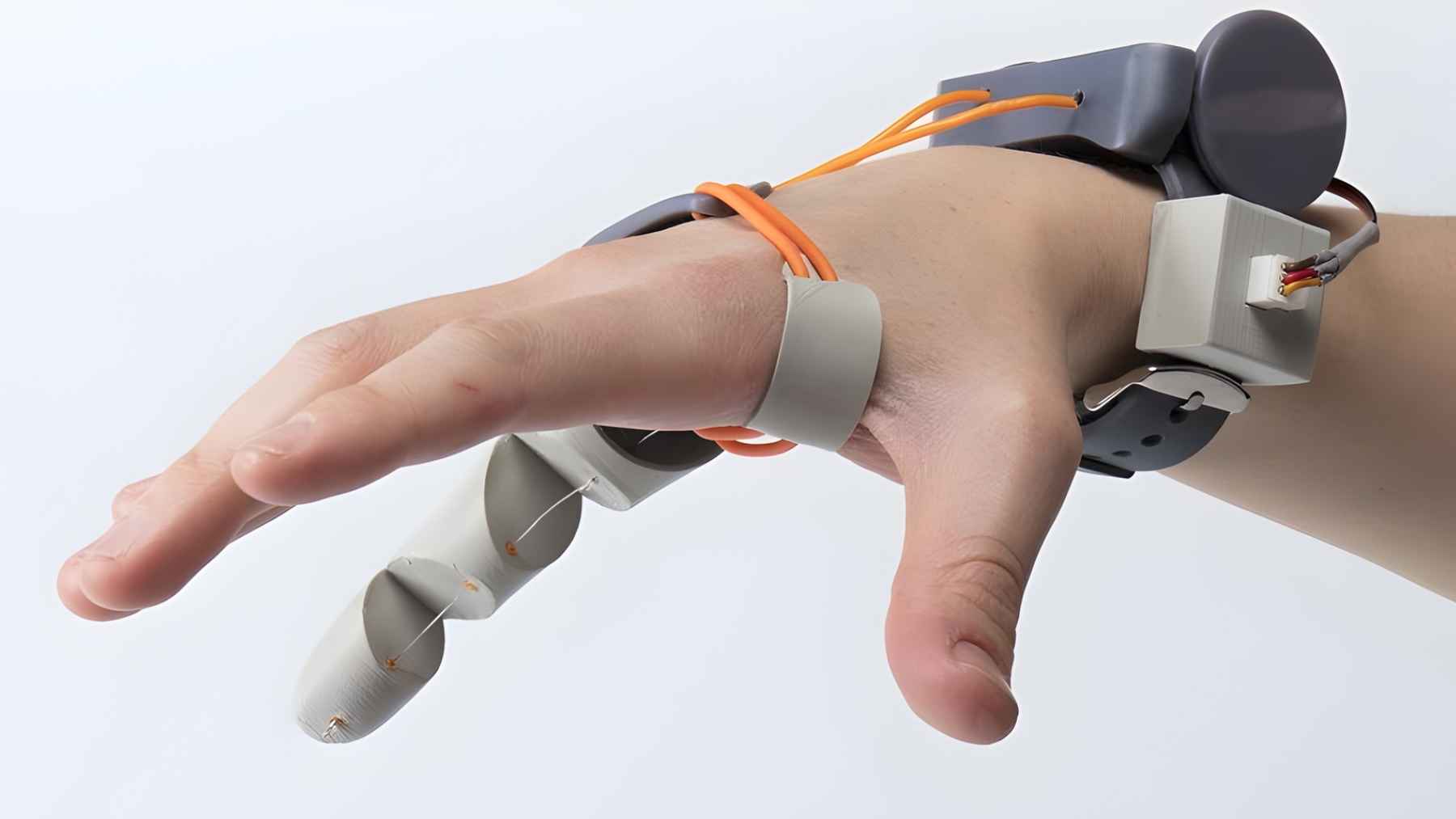This BlackBird has finally taken flight, offering hope for this type of technology in the aviation industry. With the world grappling with pressing climate-related sustainability concerns due to the imminent energy crisis that we have on our hands, the transportation industry has developed and advanced alternative engine solutions for transportation devices in order to lower carbon emissions and envision a future that is not reliant on fossil fuels. However, the aviation sector has struggled with this challenge, but this new technology may change that.
The struggle to revolutionise the aviation industry
In the transportation sector, fossil fuels have played a critical role for years, allowing us to operate virtually all types of long-distance private and public transportation. Now, however, the industry faces its biggest challenge yet. In order to ensure that sustainability remains a central goal for future developments in the sector, the industry has rapidly developed alternative engine solutions that rely on renewable sources of energy.
Following this, the electric engine has become the star of alternative engine developments and is the preferred engine of the passenger vehicle world. With US electric vehicle company Tesla’s success with the release of their first luxury electric passenger vehicles nearly two decades ago, the automobile world has hastened to catch up, creating a competitive alternative engine market, which has come to be a space where automobile developers can showcase what their engineering capabilities are.
However, while the electric engine has found success in the passenger vehicle world, the same cannot be said in the aviation industry. Remaining one of the unconquered challenges in the automobile world, aviation stakeholders have struggled to incorporate electric engine developments into aircraft. This is largely because the battery demands required of an aircraft would interfere with the aerodynamics of the aircraft due to the batteries becoming too dense for the aircraft to take flight appropriately.
BlackBird offers hope for the aviation world
Amidst the challenge to electrify the aviation industry, CycloTech earlier this year revealed that its BlackBird aircraft had successfully undertaken its maiden flight. What’s exciting about this mobility development is that is incorporates six 7th-generation CycloRotors that enable 360-degree thrust vectoring. This permits the aircraft to conduct advanced flight maneuvers, such as vertical takeoff and landing, mid-air braking, hovering at a pitch angle, and precision landing even in challenging weather — all operated using electric technology.
“The BlackBird is more than a demonstrator—it’s a flying testbed for the future of aviation,” said CycloTech Chief Technology Officer Tahsin Kart.
With the success of the prototypes taking off earlier this year, the company has now moved into the next phase of development of the project, which will see a broader flight testing phase begin in order to further evaluate the extent of the aircraft’s propulsion system abilities and the aircraft’s performance. This development is not only significant for furthering the role of electric systems in aircraft but is also a major milestone for the eVTOL (electric vertical take-off and landing) industry.
The transportation industry continues to make breakthroughs
With BlackBird representing a major step forward for both sustainability goals and eVTOL technology, the transportation industry is demonstrating a strong commitment towards carbon neutrality while not compromising on advanced technological capabilities.
These innovative technological prototypes, while not necessarily intended for large commercial airline use, may still serve an important role in other sectors and industries that make use of aviation technology. The use of technology is broad, and while these concepts may be limited to a niche consumer base of interest, it underscores the fact that there is no ‘one-size fits all’ approach to advancing the technological capabilities of the world, embracing myriad solutions in the process.
Disclaimer: Our coverage of events affecting companies is purely informative and descriptive. Under no circumstances does it seek to promote an opinion or create a trend, nor can it be taken as investment advice or a recommendation of any kind.
